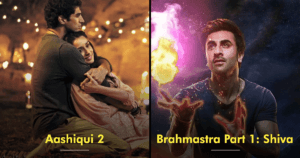If Bollywood is dal, family dramas have to be the much-needed tadka on it. Why am I saying that? You only need to flip through the pages of the history of Hindi cinema to see how the genre has endured and thrived up to this point. In fact, for quite a few years now, the industry’s filmmakers have portrayed their own visions of Indian families on screen and have bombarded us with crammed sanskaari narratives.
Didn’t we dread the time when Bagban or Hum Saath Saath Hain aired on television and our parents’ eyes (slowly) shifted towards us to make us feel like we aren’t a “perfect” child? Although it has never been the case, in reality, Bollywood has created the depiction of a perfect Indian family as one big, happy family. And folks would just indulge themselves at family dinner table conversations, take (peaceful) family trips, and marry someone who can accept their “saanskars” alongside.
Contrarily, family dinner conversations in any Indian household are usually rather chaotic, family outings are a struggle for everyone, and let’s not even start on the matter of picking a partner that your parents approve of.
In essence, we were all aware that Sooraj Barjatya’s universe was built much more on fantasy than Marvel’s. For a split second, people still can believe that superheroes exist, but not the kind of Indian family he showed on screen.
Bollywood is, however, gradually (and fortunately) grasping what a real-life family looks like and how things aren’t always all sunshine and rainbows in the household. Lately, there has been a substantial shift in the stories, and filmmakers are no longer afraid to address the fact that most families are dysfunctional and that this is completely normal. The plots delve deeply into the buried issues that were brought upon us as children rather than portraying a favorable picture of people’s relationships with their parents or siblings.
Not only that, but the notion of “perfect” parents has also evolved; they are no longer thought of as “bhagwan ka roop” but rather as ordinary people with flaws and aspirations, just like the rest of us.
The latest film Goodbye skips melodrama and embraces a realistic approach in its attempt to be a contemporary and logical portrayal of a family coming to terms with the loss of a beloved one.
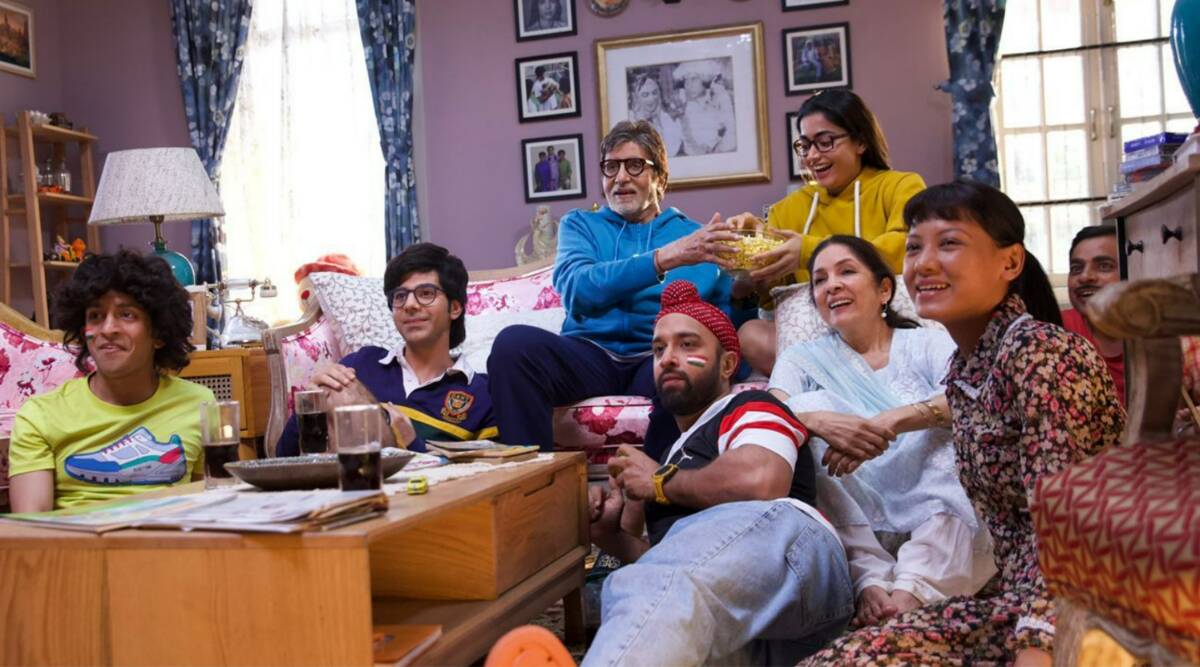
The characters are far more relatable than what we have seen in the past, despite the fact that the movie didn’t quite hit the mark. The family’s children have grown up, lead busy lives, and inevitably become distant from one another. Parents, on the other hand, have created a life for themselves. Like in real life, there is love but also strife, and there are joyful times but also turbulent ones.
The similar-sounding but more nuanced film Ramprasad Ki Tehrvi, which was helmed by Seema Pahwa, immediately comes to mind. It is a sly satire of all middle-class families whose dynamics shift when the head of the family passes away. Contrary to Barjatya’s “big happy family,” this family is full of secrets that need to be divulged, forbidden matters that have never been spoken about, and relationships that have soured over time.
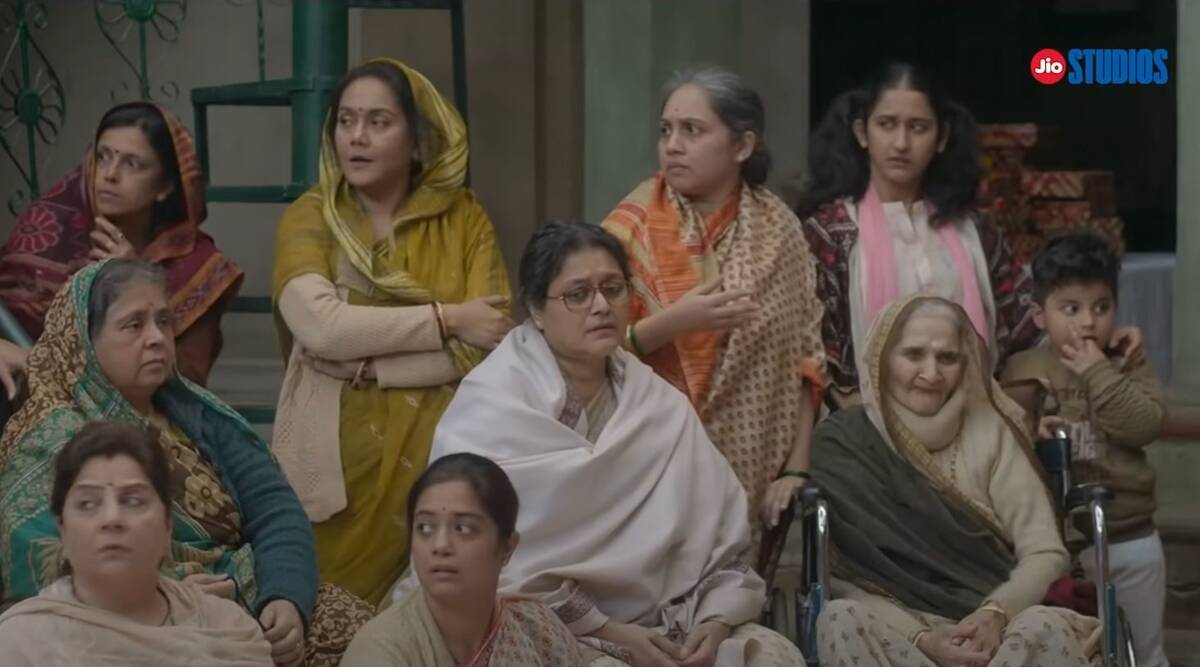
Along these lines, movies like Dear Zindagi and Kapoor and Sons have shown the complicated bonds that children often form with their parents. Both projects subsequently delved into the attachment problems and self-doubt that individuals often endure after such a difficult upbringing. The stories weren’t afraid to criticize unhealthy parenting styles and overbearing expectations for children.
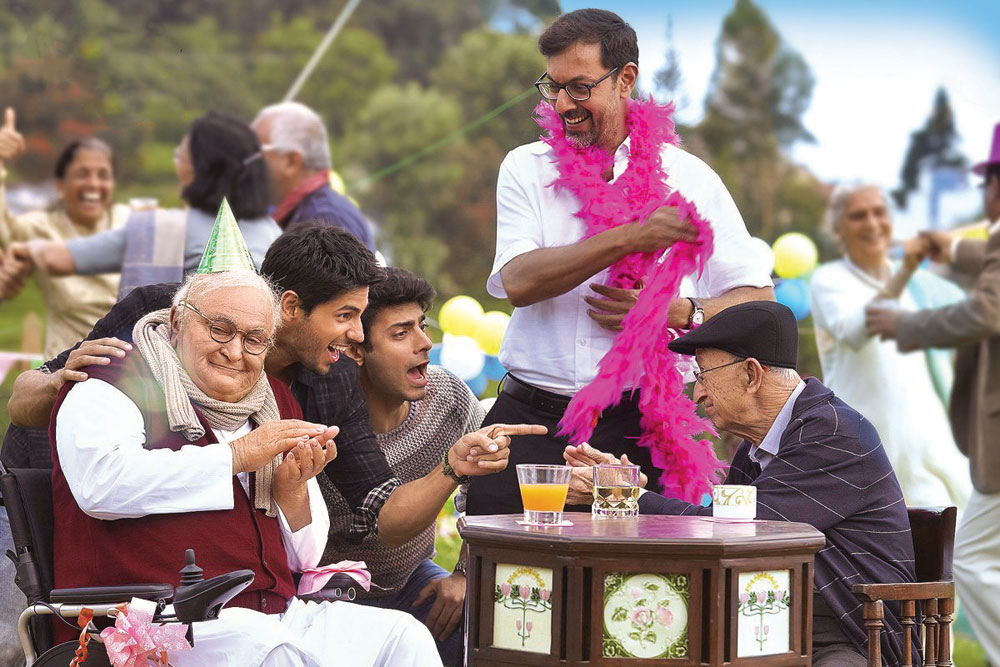
Maja Ma, a recent Amazon Prime Video movie starring Madhuri Dixit, takes a completely uncharted turn and tells a story through the prism of queer narrative. The movie depicted a woman coming out to her children after years of keeping her sexual orientation a secret to safeguard her family.
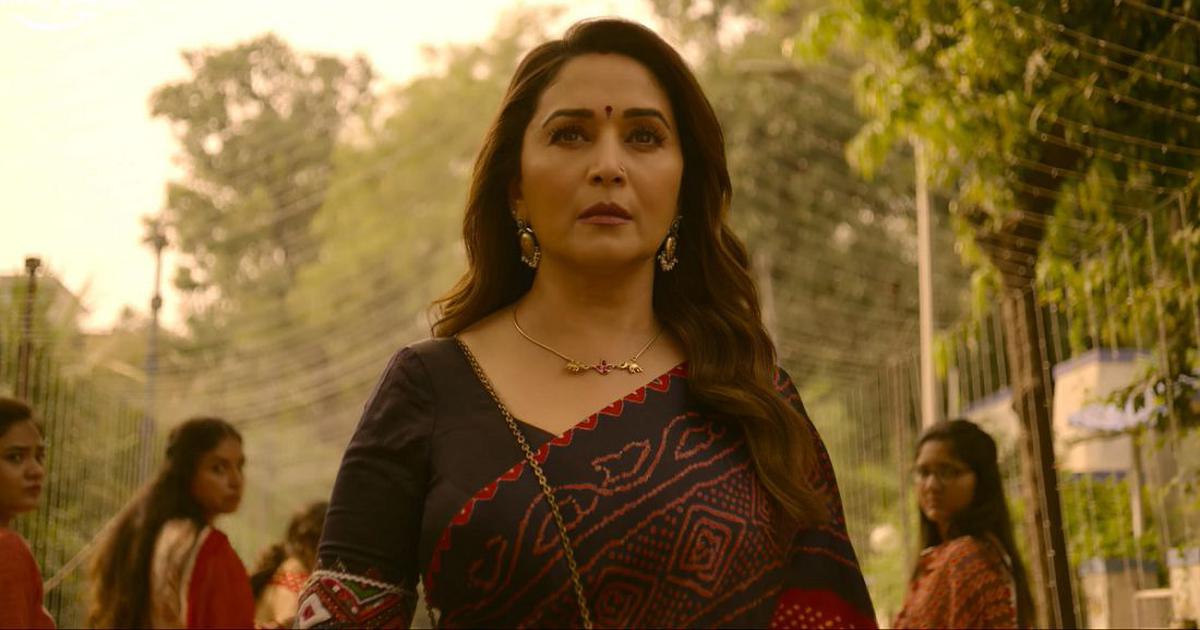
The new age family dramas have steadily resembled our own families more and more, from issues of self-identity to toxic parenting. And what makes them so near to home is not simply that they bring these difficulties to light, but also the realistic view of the relationships we have as a family.






